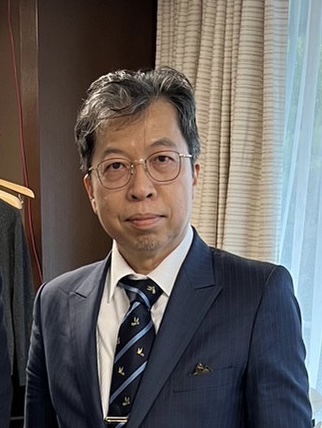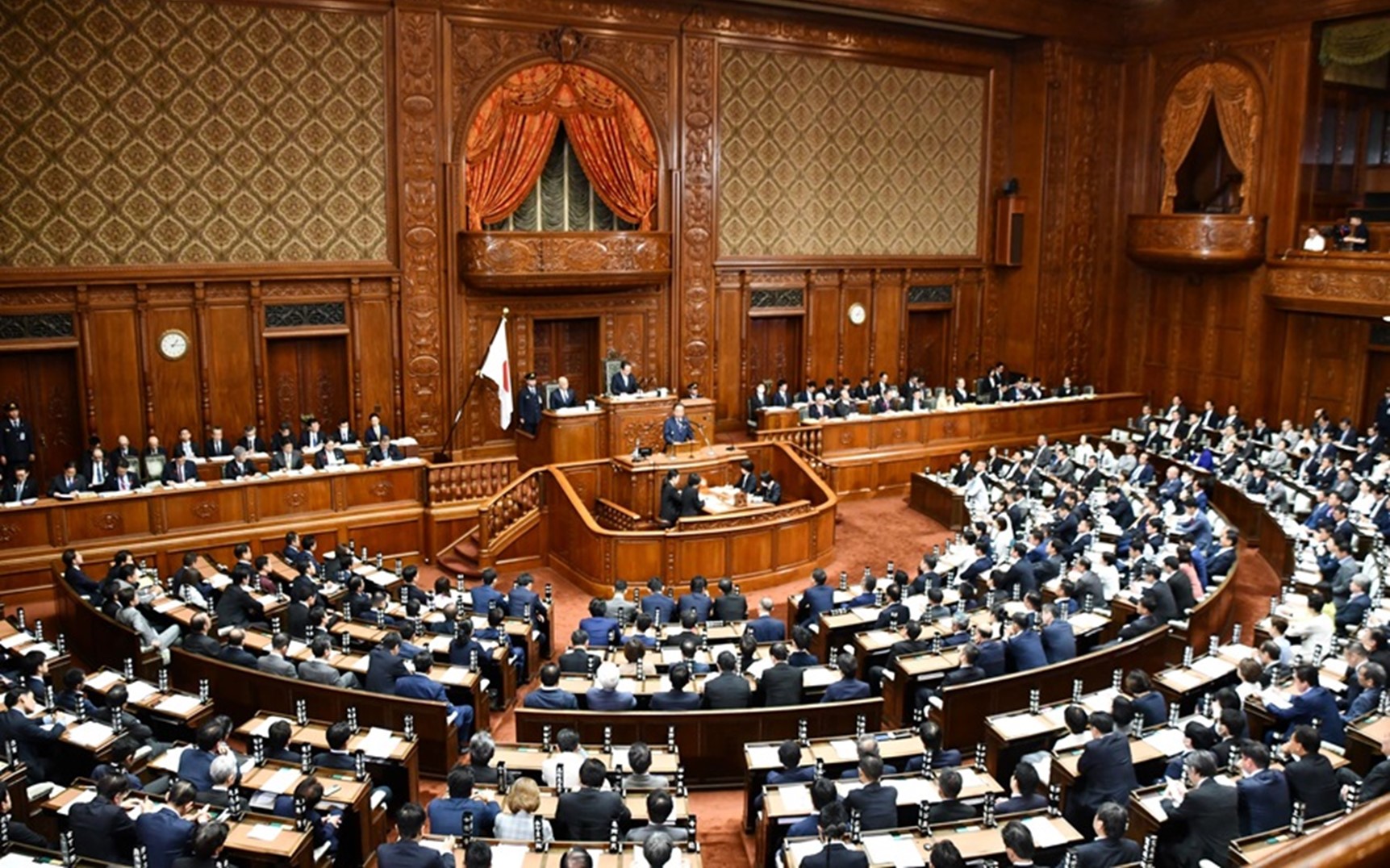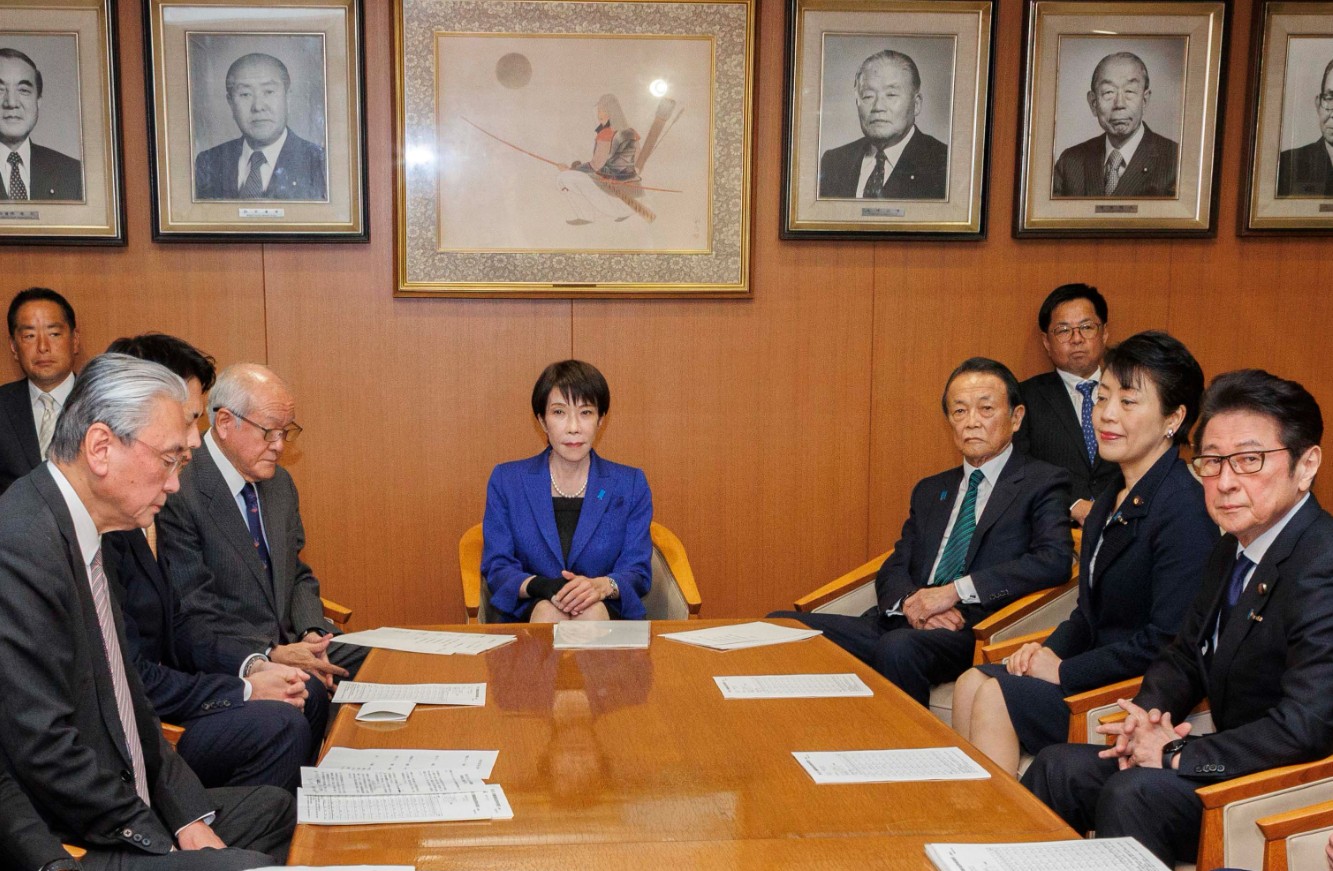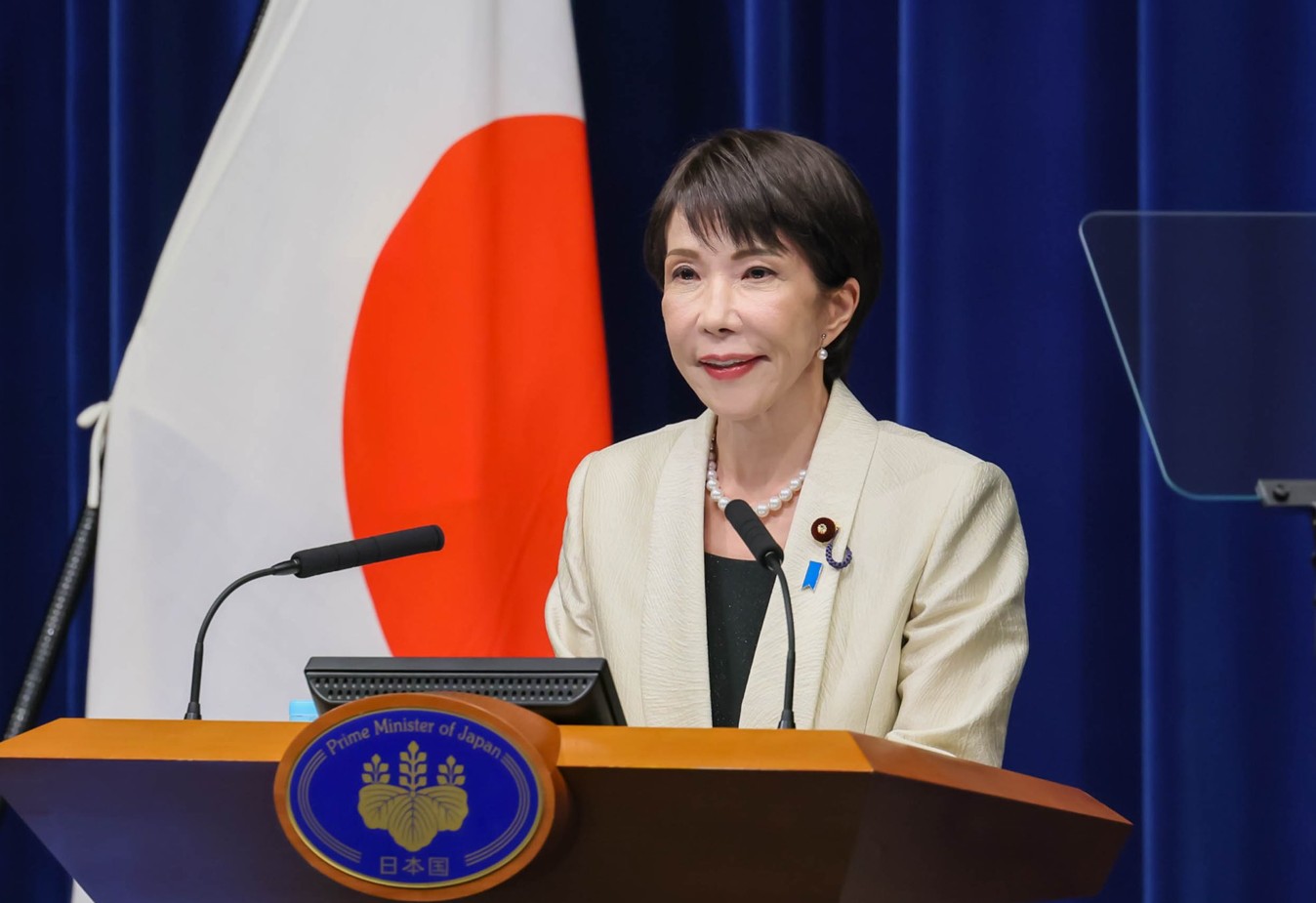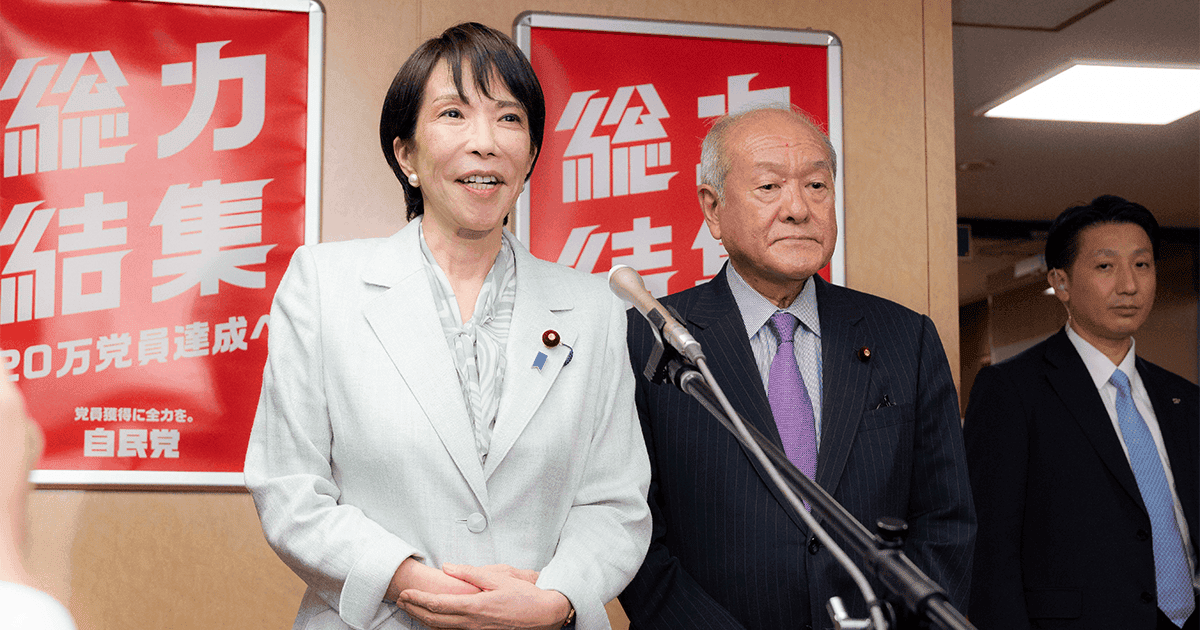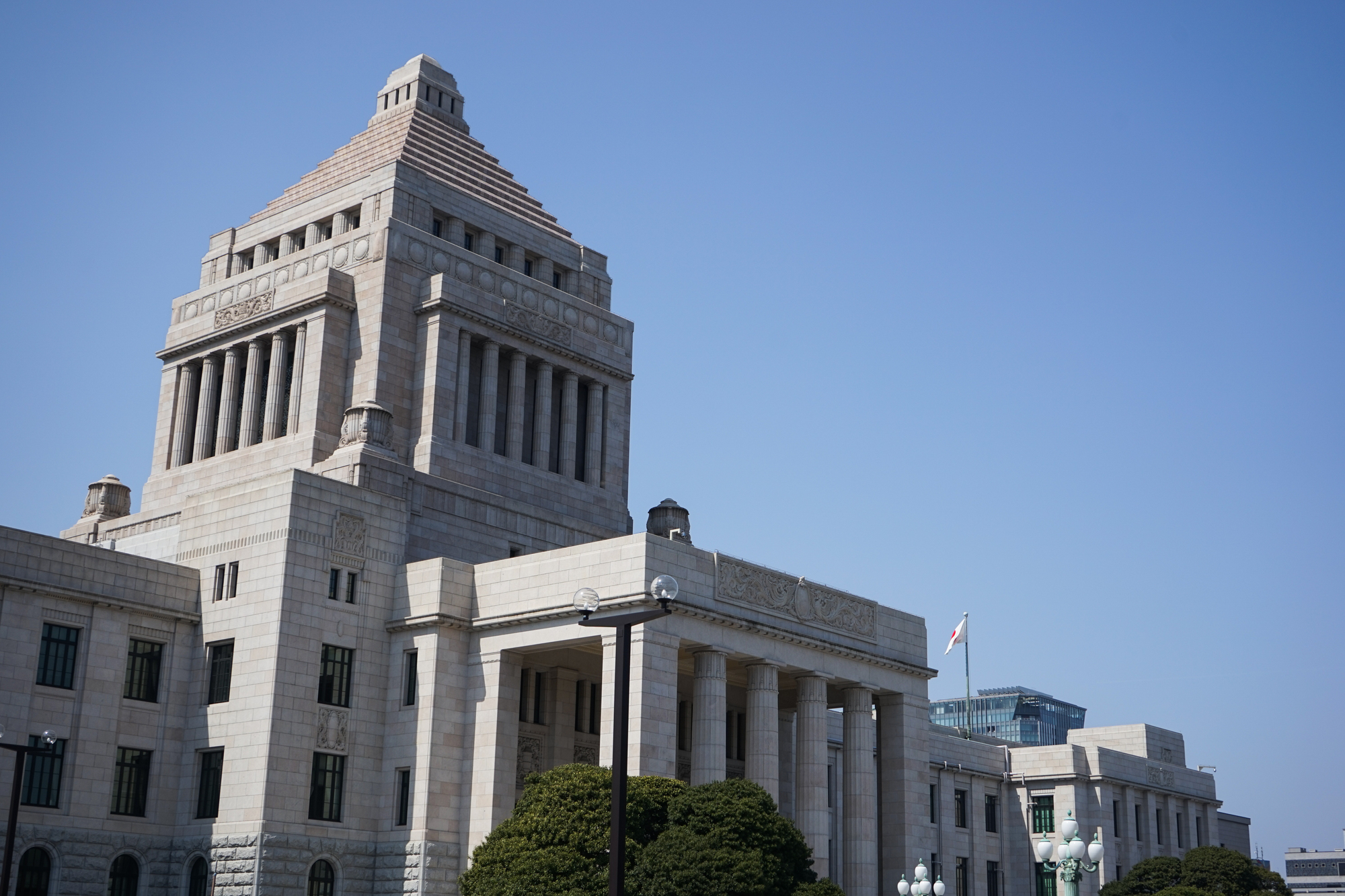The Regime on a Tightrope: The Political Situation After the Japanese House of Representatives Election
With seats not reaching a majority, the Ishiba administration’s policy focus will likely need to prioritize political reform bills, domestic economic issues, youth employment, and other social system aspects, as well as reshaping the LDP’s image to seek stability in governance. Picture source: The House of Representatives (Japan), October 7, 2024, https://www.shugiin.go.jp/internet/itdb_english.nsf/html/statics/english/shitsugi_e214.html.
Prospects & Perspectives No. 61
The Regime on a Tightrope: The Political Situation After the Japanese House of Representatives Election
By Wen-Sheng Hsieh
Focus of the Election: The political donations scandal
The focus of the Japanese House of Representatives general elections in October was almost entirely on the political donations scandal involving the Liberal Democratic Party (LDP), with opposition parties and media conducting an “election trial” on the topic1
In the end, 28 members of the Abe faction involved in the case were defeated, while other factions had only single-digit defeats. Therefore, the ruling coalition of the LDP and Komeito failed to reach the majority of 233 seats needed. Even with the addition of six independent members with similar outlook, the total was only 221 seats.
In addition, although the largest opposition party, the Constitutional Democratic Party (CDP), significantly grew to 148 seats, the proportional representation votes only increased by 70,000 votes. This indicates that while the Japanese people punished the ruling LDP through their votes, they did not intend to hand over power to the CDP.
Despite the LDP’s crushing defeat in the election, post-election polls from major Japanese media outlets show that nearly 60% of voters believe that Prime Minister Shigeru Ishiba does not need to resign. This further proves that the Japanese public’s focus in the election was on punishing those involved in the political donations scandal, and they did not hold the newly established Ishiba administration responsible for it.
Possible Scenarios: LDP-Komeito Minority Government
According to the Japanese Constitution, under the “Prime Minister Designation” procedure, if no one receives a majority of votes in the first round, the top two vote-getters will proceed to a second round, where the one with the most votes will be elected prime minister.
If the CDP forms a “grand opposition alliance” in the House of Representatives, it will need to capture almost all opposition seats to achieve a “stable majority,” which is quite difficult. Differences in positions on constitutional amendments or the inclusion of the Japanese Communist Party, which holds 66 seats, would prevent the Japan Innovation Party (JIP) and the Democratic Party for the People (DPP) from joining, making it difficult to form a “grand opposition alliance.”
Conversely, the LDP-Komeito coalition only needs to secure more than 12 seats from the opposition camp to form an expanded ruling coalition. Alternatively, if the Japan Innovation Party or the Democratic Party for the People votes for their own parties in the prime minister’s vote, the LDP-Komeito coalition under Shigeru Ishiba can continue to govern.
In the House of Councillors, the LDP-Komeito coalition holds a majority with 140 of the 248 seats, while the CDP has only 37. Therefore, even if the CDP forms a ruling coalition, it would be difficult for any policies to pass in the House of Councillors, making such a government unsustainable.
Thus, the future political situation is more likely to see a minority LDP-Komeito government. As long as they reach a consensus on key policies with the Japan Innovation Party or the Democratic Party for the People, the LDP should have an advantage.
Constitutional Amendments Will Be Frozen
Furthermore, the LDP, Komeito, Japan Innovation Party, and Democratic Party for the People, which have always had the intention of amending the constitution, only secured 290-295 seats in the election, short of the 310 seats needed for constitutional amendments. Therefore, before the next House of Representatives election, there will likely only be “discussions,” with almost no room for constitutional amendments.
The key to the future of the Ishiba administration: The 2025 House of Councillors election
With seats not reaching a majority, the Ishiba administration’s policy focus will likely need to prioritize political reform bills, domestic economic issues, youth employment, rural regeneration, disaster prevention, and other social system aspects, as well as reshaping the LDP’s image to seek stability in governance.
As a minority government, security and foreign policy issues, including many of Prime Minister Ishiba’s security proposals, such as an Asian version of NATO or revisions to the three non-nuclear principles, should be discussed within the party to seek consensus. In other words, it will be handled more cautiously. Therefore, it is unlikely that there will be major change in policies towards the United States, China, and Taiwan.
At the APEC meeting in Peru and the G20 meeting in Brazil in mid-November, how Prime Minister Ishiba demonstrates his diplomatic skills, especially in the summit meeting with Chinese leader Xi Jinping, will be a key point of observation.
In addition, Prime Minister Ishiba will also meet with U.S. President Biden, and how he seeks to establish a relationship with the next U.S. president, Donald Trump, will be of great interest to the public.
In domestic politics, the House of Councillors election will be held in mid-July 2025. Whether the Ishiba administration can gain public approval before then will be a major hurdle. If approval ratings are too low, it could trigger internal party strife and calls for an early presidential election.
If this hurdle is overcome, the next challenge will be the results of the House of Councillors election. If there is another defeat, with two consecutive major national elections lost, there will be a risk that the coalition will be held accountable and forced to step down. Therefore, the next six months will be a critical period for the Ishiba administration as it walks on a tightrope.
(Wen-Sheng Hsieh is Consultant, Foundation for Future Generations.)

